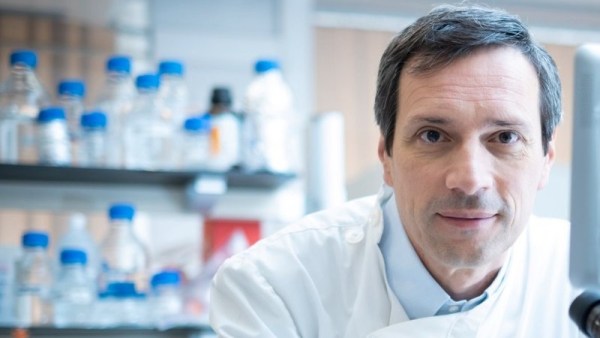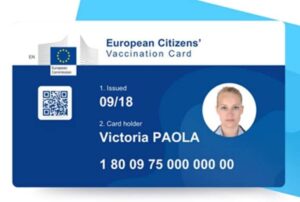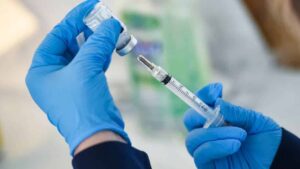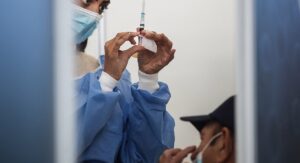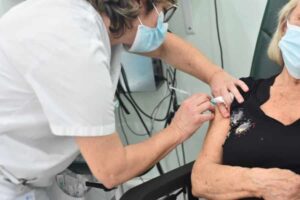Portuguese ‘pandemic expert’ Miguel Castanho has stressed that talk of a potential 3rd dose roll-out can only make sense if the vaccine has been updated to tackle consequences of more transmissible variants.
To persist in injecting the same vaccines would be like ‘rain on something that is already wet’ (the literal translation of a Portuguese expression, essentially meaning ‘pointless’).
Covid vaccine limitations have been flagged for weeks (click here) – yet still countries like Israel, France, the United States have resolved to start re-jabbing large sections of their population.
The UK is considering a booster dose for the immunosuppressed, as is Portugal, Spain, Finland, Greece, Italy and the Netherlands.
EMA – the European Medicines Agency – is in the process of making decisions, and elsewhere the World Health Organisation (very damaged by a recent exposé in the Sunday Times click here) has warned that giving out 3rd doses of the vaccines when so much of the world hasn’t received 2nd or even 1st shots, would be “technically, morally and politically wrong”.
Miguel Castanho of the Institute of Molecular Medicine at Lisbon University’s Faculty of Medicine, however, makes the case that immunity conferred by the vaccines in use at the moment “will last long enough” for pharmaceutical companies to produce and distribute updated vaccines.
Elsewhere, other Portuguese experts are hedging their bets over whether a 3rd dose is needed, beyond the 100,000 or so ‘immunosuppressed’ people in the country.
The issue is with so many conflicting studies.
Israel, for example, has released a study on 240 immunosuppressed people under the age of 65 who received their 3rd dose of vaccine recently.
The instant results are that these people developed 43% more antibodies than they had after their second shots.
The CDC (centre for disease prevention and control) in the United States has reported that 3rd jabs authorised there for the immunosuppressed have shown that between 33% and 50% of people who no longer had antibodies detectable (following two shots) developed a “good response” after the third.
But again these are all ‘immediate studies’. No one can tell what the immune response will be in a few months time – which is why investigators like Miguel Castanho are hoping for fully-updated vaccines.
This, of course, opens the way to the next debate, says Expresso, which will be ‘the Covid-19 vaccine strategy for the future’.

